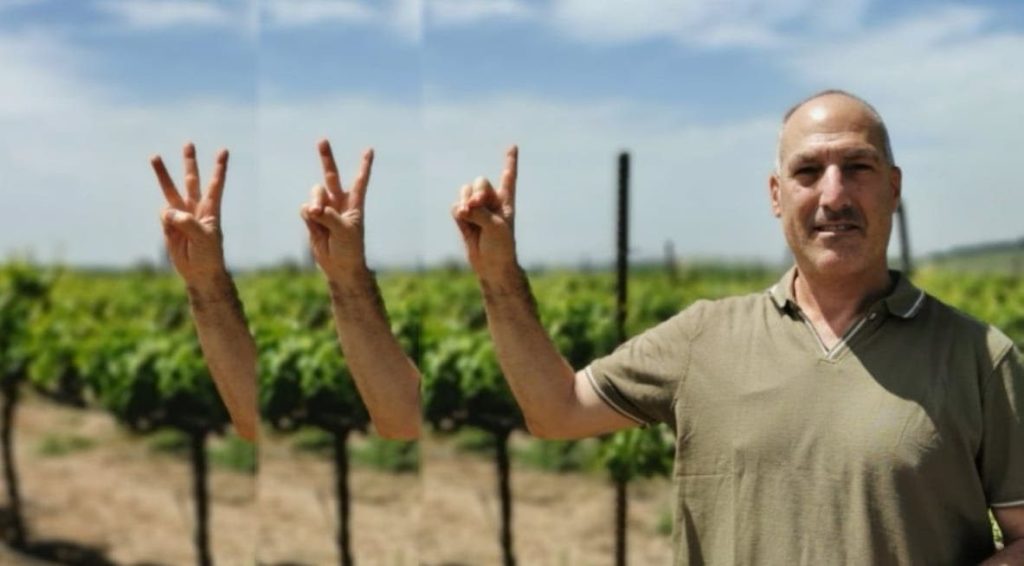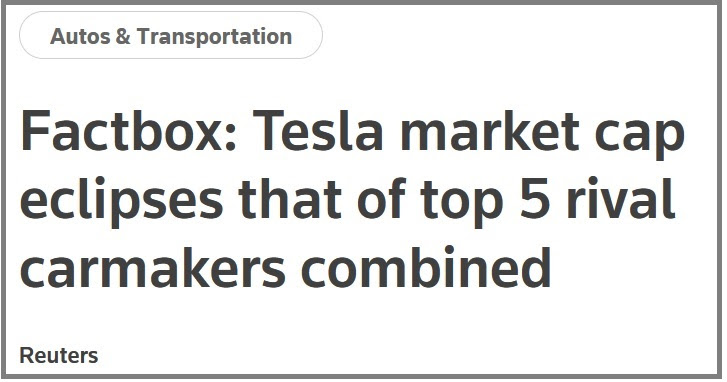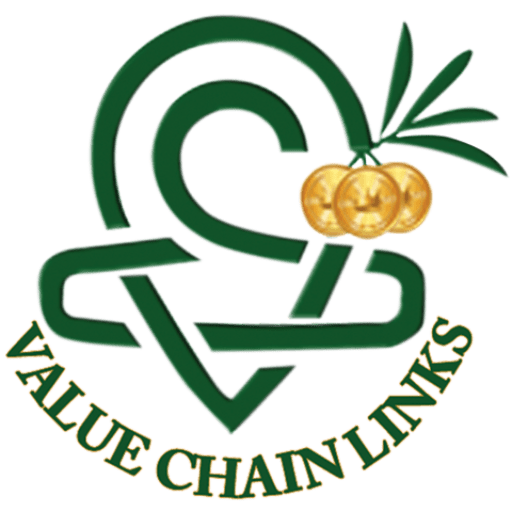THE THREE INNOVATIVE TRENDS THAT WOULD CHANGE THE AGRO-SECTOR IN THIS DECADE

BY DR.NIMROD
As a young farmer, life was simple for me; I bought chemicals from agrochemical companies and sold my produce to the traders.
The value chain was well defined, where each chain link is doing its job and cares only about itself and none about the other links in the chain.
As a farmer, I had no way of understanding the challenges of the agrochemical industry, and to get feedback from consumers (the clients of my clients), I had to work really hard.
In short, as a farmer, all I had to do was to grow many beautiful fruits and sell them to the trader at market price. C’est tout.
CONSUMER-ORIENTED MARKET
Do you remember the days when tomatoes, cucumbers, and oranges each had their own “season”?
It wasn’t long ago, when I was a child consumers would buy whatever was available when it was available.
Those days are over!
The world is undergoing a revolution where WE, the consumers, become more “independent” and unchained to past limitations.
We became costumed to fulfill our desires immediately, or almost so. We expect technology to answer all our needs.
At the same time, we are willing to pay the technology and service companies kindly for convenience and provide services and products that align with our desires and values.
Hence, companies and the business world revolve around “consumers and stakeholders’ will.”
In the “old world,” each party did its job, often without knowing who is the end consumer or their agenda. This can’t work in a world where everything is consumer-oriented.
For example, while the largest automobile manufacturers kept improving their cars’ engines, safety and lowering the cost of production, Tesla, the new child on the block, focused on selling us a “frog leap dream,” experience, and values.
Although Tesla sells fewer cars than most automobile producers, its value is like the top five combined!

To provide a perfect customer experience while taking advantage of relative advantages, Tesla merged into its value chain many links that presently are not part or managed by the other car producers.
Tesla manufactures solar panels (generating energy), batteries (energy-storing), dedicated computers for consumption and driving electric cars (managing energy), production of electric vehicles, and selling them on and offline.
Does this remind you of Apple, Amazon, Ikea, and other giants’ attitudes?
After inventing and developing a NEW concept, each of the above companies became a business giant. In practice, they became a new market CATEGORY introducing novel business and operation models within an old industry.
They came with an attractive offer to a big unsatisfied group of consumers, which the “old companies” didn’t notice or didn’t pay much attention to their needs.
Sometimes, even the consumers were not aware “they needed it” until it was there.
THE AGRO-INDUSTRY VALUE CHAIN
The field of agriculture, particularly the fresh produce industry, remained conservative and with relatively few changes through the turbulences and the changing business environment of most industries.
But this is about to change in the coming decade.
We would see Tesla-like companies in the agro-industry as well. Such companies would focus on selling consumers – the dream, experience, and values those consumers share.
Like other Tesla-like companies, they would have to cope with and merge large parts of the value chain and hence would unbalance the “old markets.”
THE AGRO VALUE CHAIN REVOLUTION
Nowadays, there is a misalignment between reality and public demands regarding fresh produce health, safety, bio-security, and social and environmental awareness.
Yes, we are doing better with agrochemicals today than in the past, but we still use lots of unhealthy chemicals, and hence the gap is there.
The equivalent is a car that uses less fossil fuels per km to car energized by an eco-friendly electricity harness from the sun.
People buy Tesla not because it uses less fuel but because they dream of a better world where we don’t use any fossil fuels.
Countries and companies that would understand how to capture this once-in-a-lifetime opportunity would capitalize on the global changes that wouldn’t skip the agro-industry.
Three trends that are about to change the agro-industry as we know it:
(1) Agrochemicals: crop protection & fertilizers – Climate change is causing accelerated widespread pests away from their origin.
Currently, it takes over $300M and 20 years to develop a new crop protection solution, typically applied by spraying.
To grow more produce at a higher quality, we would need BETTER crop protection solutions, developed at a higher rate and for lower costs.
There is also a considerable demand to replace the use of the common fertilizers with eco-friendly ones.
Alternative technologies have been around for a while, but most of those are still pre-mature to use.
A few of those will pop up in the coming years and will bring the change the public is awaiting.
The future of those solutions is unmeasurable; it is like comparing a landline phone to the iPhone era.
This is an excellent time to invest in entomologists, ecologists, agronomists, etc.
What can we expect as a result?
Affordable tailor-made solutions, including for use in niche crops, will decrease agrochemicals use by 90% to 99%.
| That fact will enable fast penetration of such technologies into emerging economies.Farmers that couldn’t afford to buy tractors, sprayers, and pesticides and don’t have the know-how to use those would be early adopters of such solutions. That would cause a rapid increase in food production.With more available eco-friendly, healthier produce, the market demand for such category, which is not Organic nor Conventional, yet Free of Sprays, would increase. (2) Export of high-value fresh produce – is the most challenging task related to the food business and highly rewarding.Most developing countries find the Export of Fresh Perishable Produce too tricky for their broken value chain, mixed with their inability to deal with biosecurity issues properly.The development of the 21st Century crop protection solutions and the introduction of advanced business models will open vast business opportunities for exporting massive amounts from those countries and increase production for local consumption.Main beneficiaries?Countries that will create an ecosystem that encourages cooperation between the relevant sectors (public, private, agro-sector, investors) will benefit the most from those developments.Companies that seize the opportunity would act in countries with more favorable business environments and could expect rapid growth.The positive impact of such activity on emerging economies would be tremendous, like nothing before. (3) Personal import of fresh produce – we are already used to ordering online from the supermarkets in our city or region.This trend, combined with advanced business models, would enable the local supermarkets and even private people to import fresh perishable produce upon demand.Like we order (import) goods from Amazon, we would order (import) our favorite produce from selected sources, even with the ability to indicate a specific preferred producer (farmer), if we wish.As Amazon-like trading platforms impact local shops, so will trading platforms of fresh produce (local and imported) would impact supermarket chains. DON’T BE SURPRISEDChanges are coming to the whole agro sector, especially fresh produce marketing. This is inevitable, and no one can stop it.What can you do is get ready for those changes?Prepare yourself and make an effort to benefit from them or even initiate those and take an active role in introducing such change.In the face of inevitable changes, you can choose to wait for them to arrive and then react or lead them. Both approaches have their up and downsides.I believe that you have the upper hand when you can predict the future, and the best way to predict the future is when you create it!In this spirit, I acted when I founded Biofeed to develop breaking through knowledge and technology (i.e., the Freedome), which would enable rapid development of non-spray, highly effective crop protection solutions.We chose to start with fruit flies because what can be more challenging than fruit fly management without sprays?Then came the Dream Valley National Export Program (Dream Valley), a trading platform for fresh produce, dedicated to smallholders in emerging economies.Steve Jobs once said, “If you want to build your own software, you must build your own Hardware.”From the time I was a farmer, I always wanted to market fresh produce with high added value. Finally, thanks to Dream Valley (“the software”) and Biofeed (“hardware”), it is possible for every fruit grower.These are exciting times to live and be part of the agro-industry. Times of change are times of opportunities.Be active; take advantage of the changes. Doing nothing may seem riskless, but you may find it is your most destructive choice in the long run.Talk with me if you hesitate or are not sure you are taking the right direction. |
| TAKEAWAYS» THE AGRO-SECTOR is changing faster than it seems.»CHANGES would be energized by novel technologies that replace sprays.» NOVEL BUSINESS MODELS would enable the rapid development of agrarian countries.» ADVANCED TRADING PLATFORMS would bridge the gap between farmers and consumers. |
